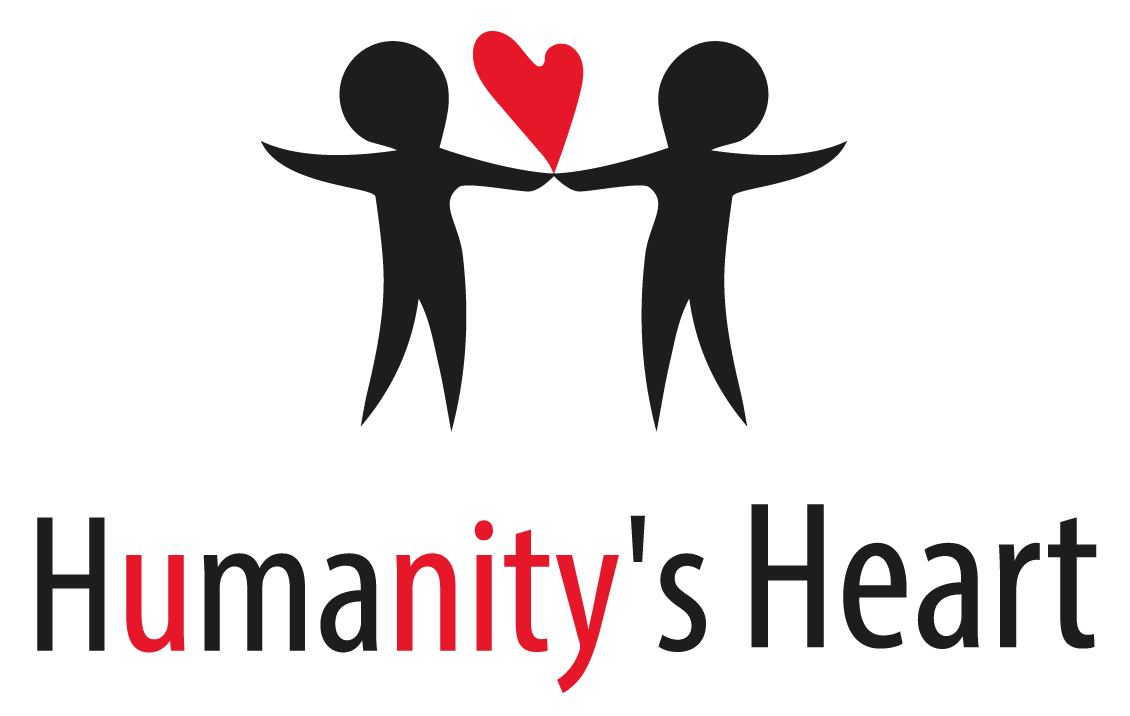By Diana Yousef, PhD, MBA
Founder, CEO of change:WATER Labs
By now, unfortunately most of us are used to seeing images of refugees in the news and maybe, we’ve tried to imagine the challenges and indignities of living conditions in refugee camps. To put a face on it, let’s think of a girl living in a camp like Za’atari Camp, the world’s second largest camp, housing 80-100K people in 1.3 square miles out in the Jordanian desert.
Among the trauma of having been uprooted from her home and navigating daily life in the camp with an uncertain future, this girl faces daily peril whenever she needs to heed nature’s call. Whenever she feels the urge, she has to make the choice whether to walk on average 2km from her shelter to the communal toilet block. There, she then might wait in line for 30min to an hour to use one of the toilets that she shares with approximately 50 other people. The toilets that haven’t been dismantled for ad hoc construction materials are very likely unclean.
For this girl, the crushing immodesty of this situation combines with the potential to contract disease from the unsanitary state of these shared toilets. And hopefully, she doesn’t need the toilet after sunset—venturing out to the toilet block as darkness falls, she faces the additional danger of potential assault or worse.
The dangers of communal toilet use for women and children in the camps have driven desperate families in Za’atari to “hack” their own sanitation solutions. In an effort to avoid the inconvenience, indignities and insecurities of the communal toilets, many families have decided a better option would be to dig holes in the ground next to their shelters as “private” toilets, with open trenches as a way to “drain” the sewage waste.
Clearly, these unlined pit latrines and open sewage drains create an enormous environmental hazard and threaten public health in the camps, but for each family, this solution is a preferable and more dignified alternative to the communal facilities.
The growing crisis of poor sanitation in camps like Za’atari has the potential to be very destabilizing, not only for the camp itself, but also for the host country which has concerns about protecting its groundwater resources and environment. Organizations like UNICEF and UNHCR have capitulated to the pressures to extend safe and dignified sanitation to the privacy of each family’s home, but they need new options.
change:WATER Labs is developing a revolutionary evaporative toilet for homes with no power or plumbing. We take the approach that sewage is mostly water, and by rapidly and inexpensively vaporizing that water, we can eliminate 90-95% of daily sewage volumes onsite.
Our toilet contains a special polymer material that acts like a very thirsty sponge to selectively soak up the liquid water content of sewage. This water is then released or transpired as pure water vapor to the air. Basically, we think of it as a virtual “flush”. Our toilet provides complete sanitary containment of the residual waste solids, preventing any polluting discharge to the environment.
As with all off-line sanitation systems, our system would also require fecal sludge collection services, but our technology significantly reduces the costs of that servicing. By achieving rapid, drastic shrinkage of daily sewage volumes onsite, our toilets would not need to be serviced by collection services every 2-3 days, but rather once or twice per month. This reduction in collection frequencies and loads translates into 30-50% reductions in collections costs.
In addition to the benefits of safer, more dignified sanitation, we also hope that our technology can address other needs in refugee camps. By establishing micro-franchised sludge collection fleets in the camps, we see potential to create income-generation opportunities for refugees. There is also an opportunity to convert the collected waste into bio-energy and other value-generating outputs. And finally, by ensuring that schools have proper, dignified toilet facilities, we hope to help keep children, especially girls in schools.
With our technology, decentralized household sanitation in non-sewered communities can now be economically feasible and scalable. According to WASH ("Water, Sanitation and Hygiene") experts, our technology could be a game-changer not only for sanitation access in refugee camps but also in the vulnerable communities that make up the 40% of the world’s population that lack access to proper sanitation.
And with our evaporative approach, on-boarding those off-line populations to improved sanitation can be achieved without straining local water resources, unlike other approaches which force families to choose between drinking or cleaning with their water. Our toilet is the perfect answer to future climate adaption, especially in water-scarce regions like the Middle East.
For the change:WATER team, we feel like access to safe sanitation is a basic human right. We also hope that our innovation can help safeguard and empower vulnerable girls.
CONTACT: admin@change-water.com
WEBSITE: change-water.com
TWITTER: @changeWATERLabs




